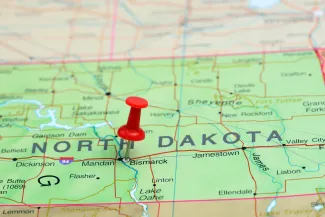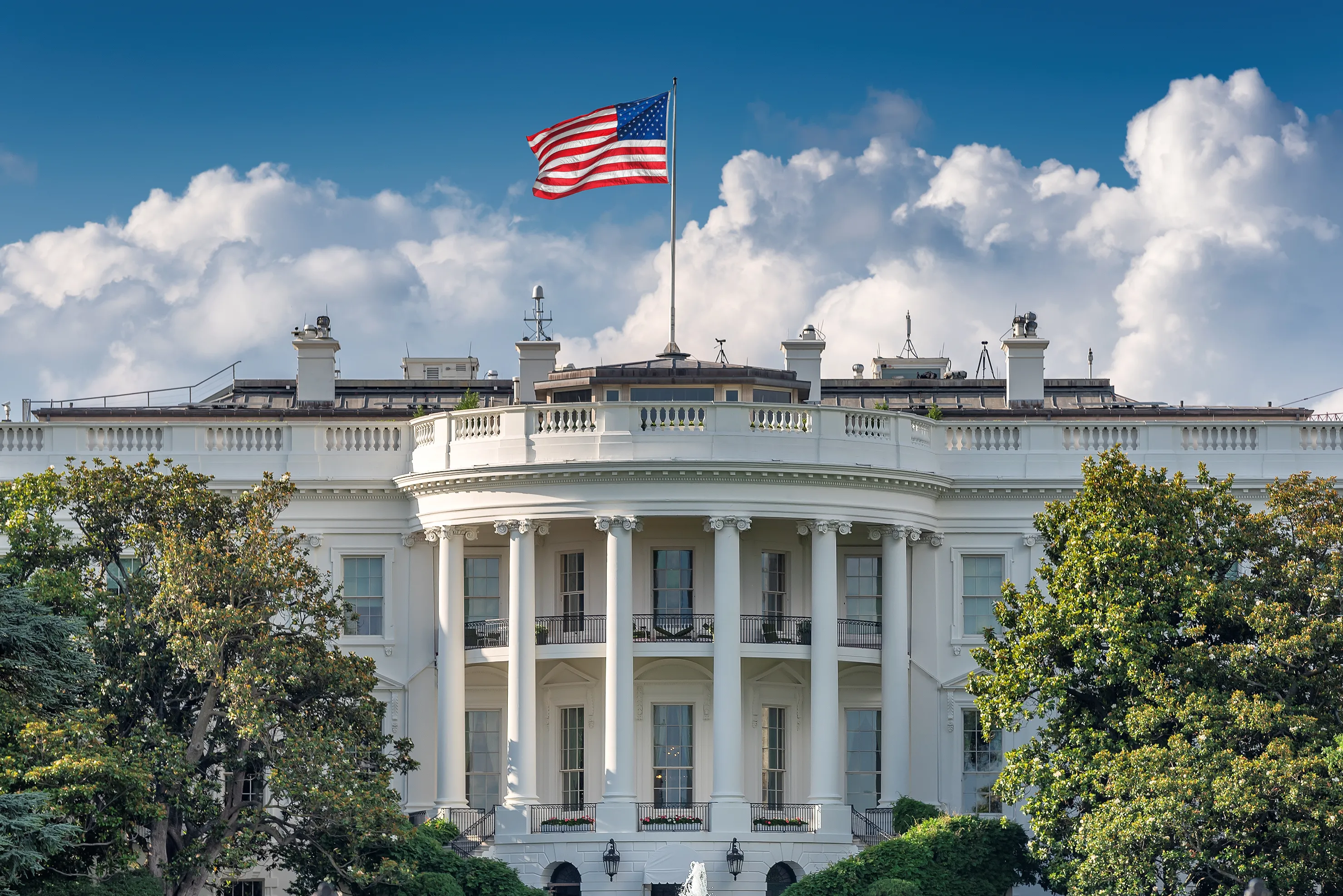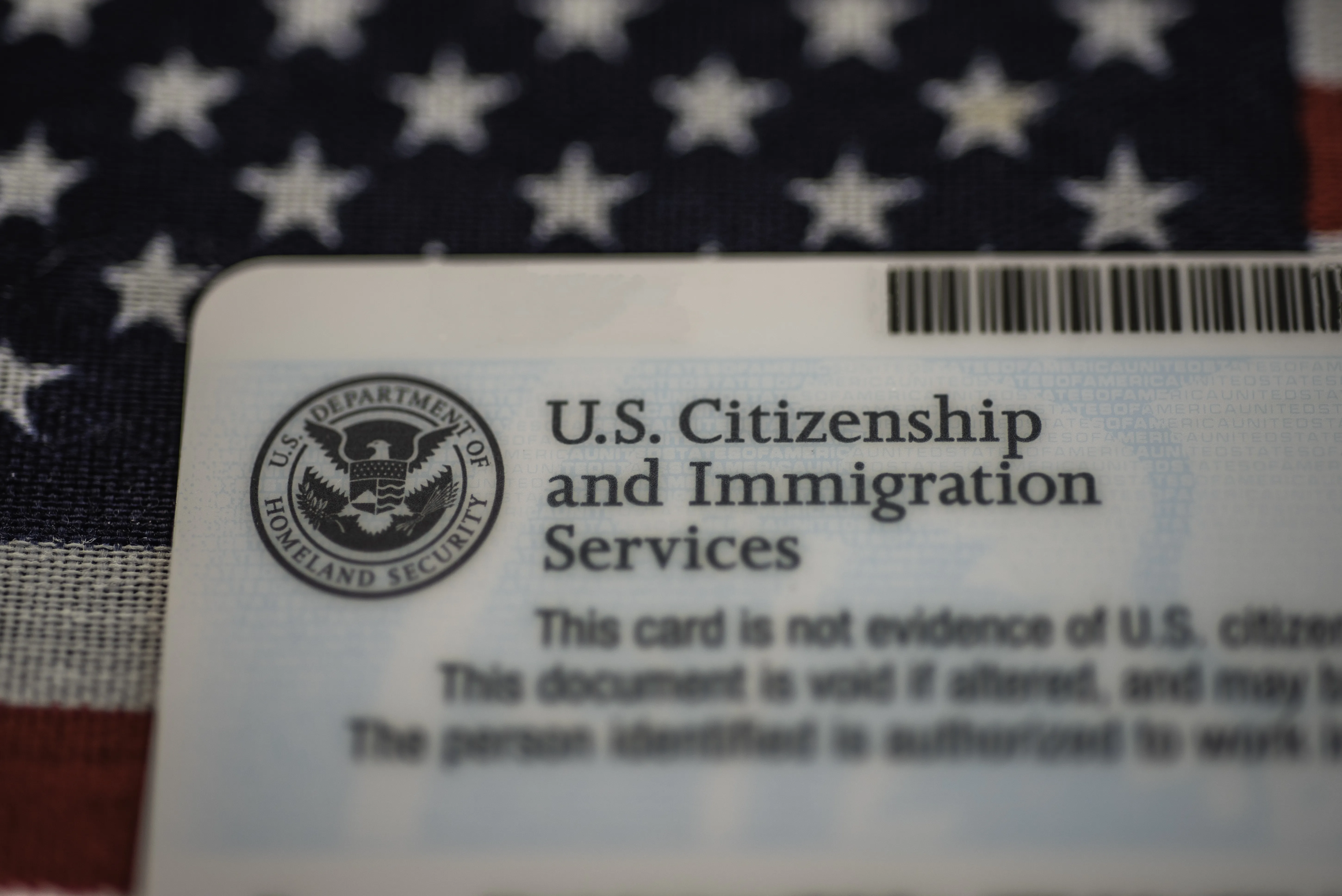
Challenge to North Dakota gender-affirming care ban in play, despite SCOTUS ruling
Click play to listen to this article.
The U.S. Supreme Court on Wednesday released an opinion that allows Tennessee to keep in place a ban on gender-affirming care for minors.
While seen as a setback for trans youth, a legal challenge in North Dakota is still active. The North Dakota case, which seeks to overturn a 2023 ban adopted by the Legislature, is moving through the state-level courts.

Brittany Stewart, senior staff attorney with the legal nonprofit Gender Justice, said proceedings in the bench trial are winding down. She said parents of transgender youth in this region might think the Supreme Court outcome permanently cuts off similar cases, but stresses they shouldn't jump to conclusions.
"I would like to tell people, especially folks who are parents of kids who might be suffering from gender dysphoria, not to give up hope," she stressed. "This is just one case, on one specific issue."
The Tennessee case focused solely on the U.S. Constitution's equal protection clause, and Stewart said the North Dakota case has other legal aspects to it. Republicans behind such bans argue they're trying to protect children, noting young people aren't mature enough for these decisions. But ban opponents say parents and doctors are deeply involved in discussing the lengthy process, and that gender-affirming surgery is rare for minors.
Stewart said the second main argument in her plaintiff's case is whether North Dakota's ban violates the right to personal autonomy. She added it's important to remember that the questions posed in this lawsuit have to do with the state constitution.
"The North Dakota Supreme Court has also said that the North Dakota Constitution isn't necessarily interpreted exactly the same as the U.S. Constitution," she continued.
She said if the judge rules in their favor, it's likely the state would appeal to the North Dakota Supreme Court. But there are questions about whether it would reach the U.S. Supreme Court because of the legal differences.
Analysts say the federal decision is still a big win for ban supporters in the nearly two dozen states that have them. But Stewart said the high court left an opening for future consideration if opponents can effectively prove such laws cause harm.
















